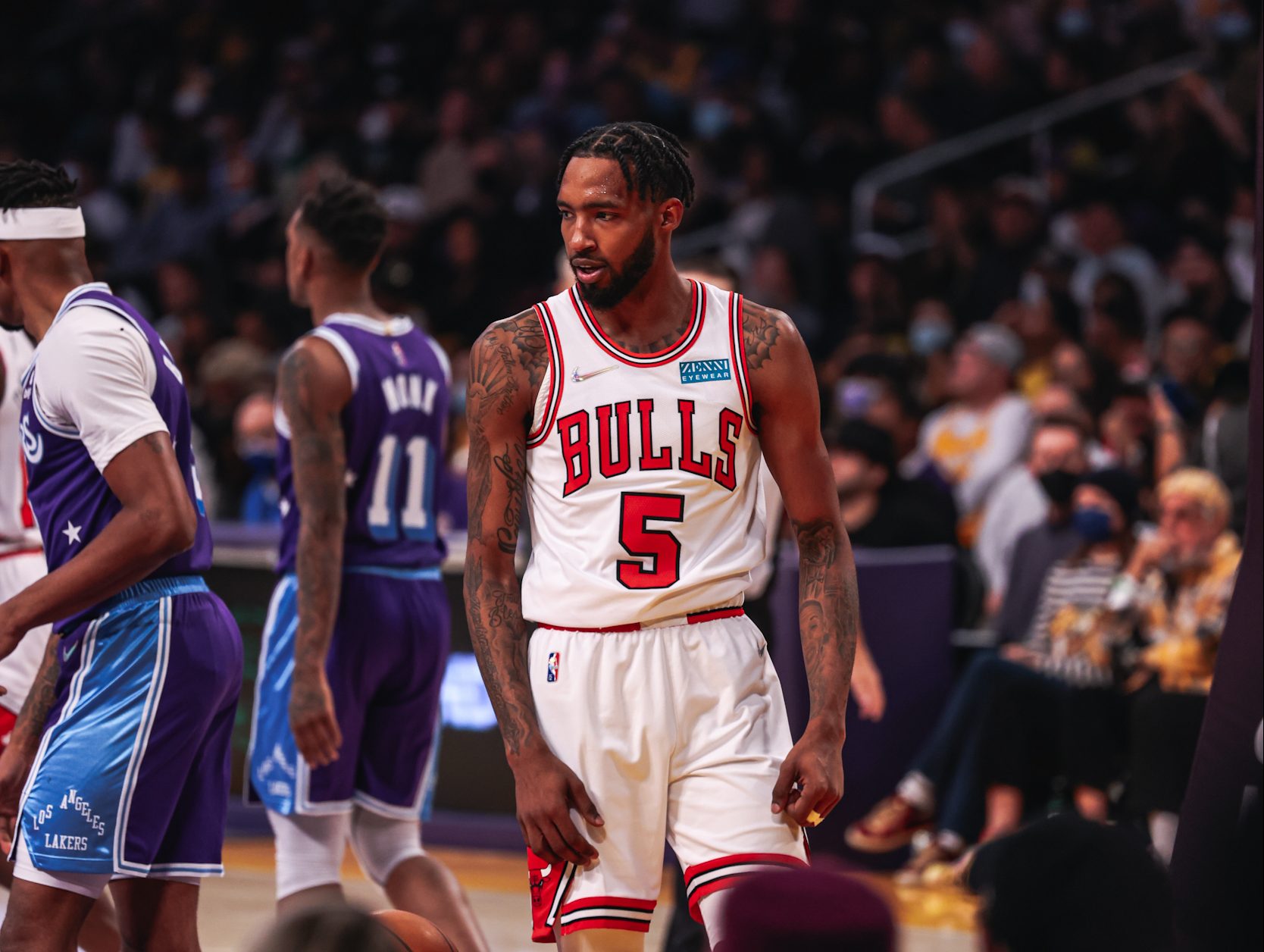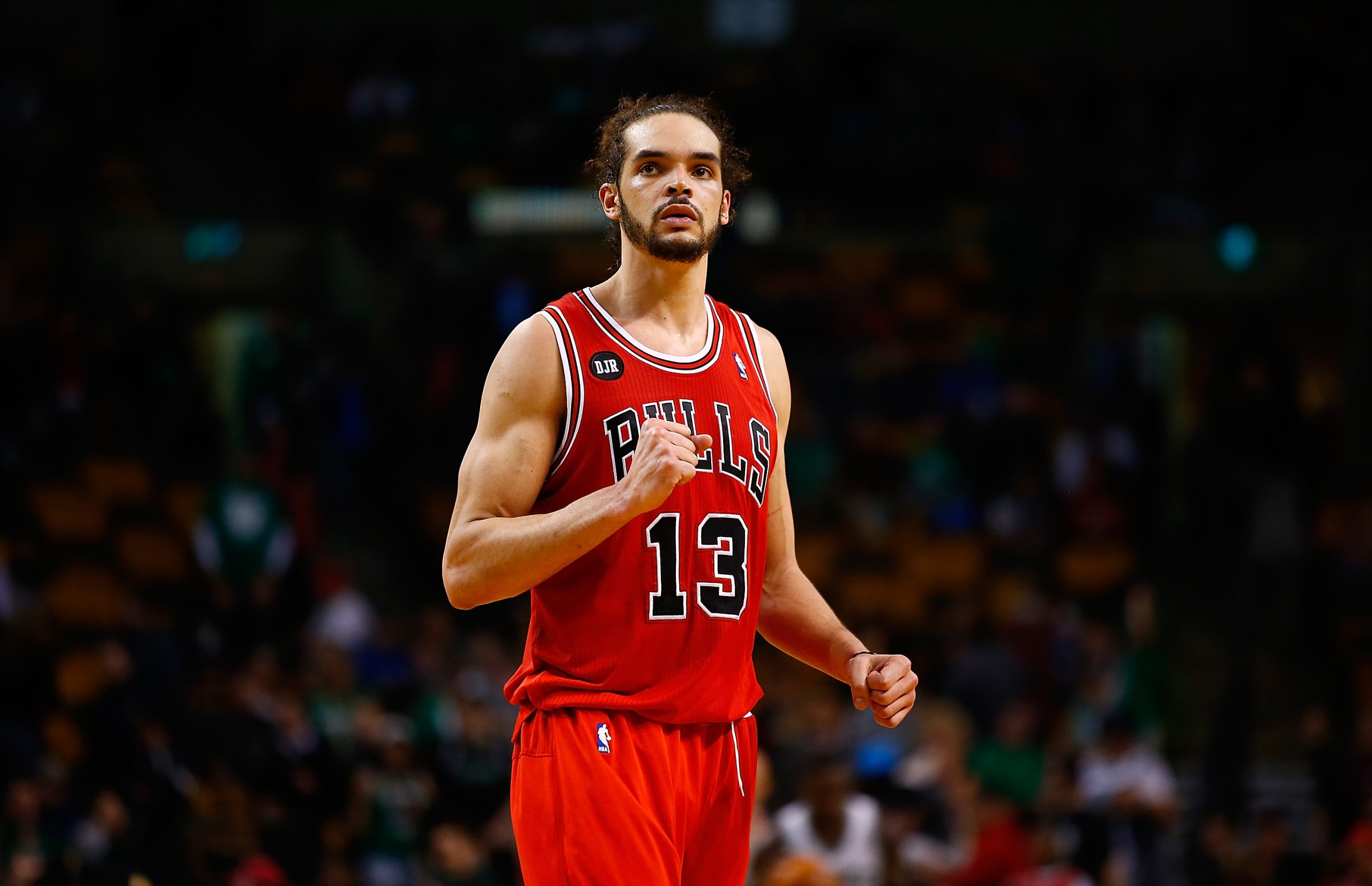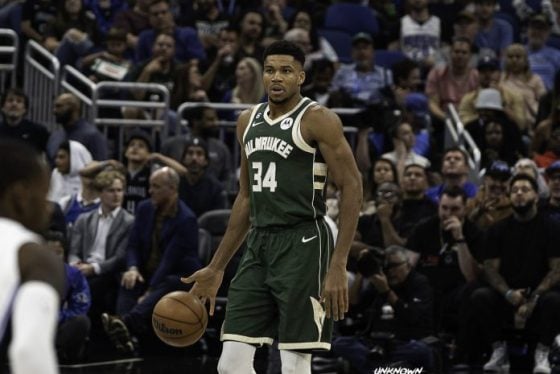Swish Appeal recently spoke with former Yale standout Roxy Barahman, discussing her Iranian heritage, growing up in California, moving to New Haven and being a student athlete at Yale, completing her MA in Ireland, enjoying food in Greece, winning her first championship in Puerto Rico and why 3s are better than lay ups. Along the way, she gave shoutouts to people who helped her become the player that she is today.
Your parents are Iranian and you’re Iranian American. Can you tell us the backstory of how and why your parents came to the United States?
They wanted to give me and my brother—I have a twin brother—opportunities to be able to do anything in this world and go to good universities and there just wasn’t very much freedom and opportunity in Iran during the time after the 1979 revolution, and because of the Islamic regime things got really tough over there. My parents just thought it’d be better if me and my brother were born in America and had opportunities here, in one of the greatest nations. So I’m really fortunate and grateful for my parents to be able to make that jump and come here and give me the opportunities to pursue a career in professional basketball. Which has been awesome.
So your mother was pregnant when they traveled?
Yeah, she knew she was pregnant with us and she wanted us to be born in America. My grandpa had United States citizenship and that’s why we she came over to the US.
What language did you speak in the house and how did your parents approach you growing up in a totally different environment than they did?
Both my parents spoke a lot of Farsi with us, so we could try and learn the language as well. But me and my brother, we kind of just talked in our own baby language when we grew up. We started speaking English late and so my mom kept trying to encourage us to speak English so that we could be in preschool speaking with other kids. So for that reason, I’m I’m not necessarily fluent in at Persian, but I can definitely speak to my grandparents.
When did you pick up a basketball and when did you know that the sport was for you?
I think it was right before high school. I kind of had a love for soccer as well. Football, as they call it in Europe. I kept getting amazing coaches, meeting amazing people in basketball and soccer was kind of the reverse of that. I wasn’t having a great experience at the club. I just kind of fell in love with basketball; it was more fast-paced. When you’re on the court, every second matters versus the soccer field. When I was younger, my mom threw me in karate, baseball, but none of these really kind of stuck. I don’t know. I just feel like basketball, just like with the IQ of the game and how smart you have to be and how hard you have to work at all points on the court really made me fall in love with it.
You wear No. 21. What’s the significance of the number?
My mom has always said it’s a lucky number. Of course, it’s a blackjack number in Vegas, but also my former number was No. 10. And my trainer’s number was No. 2. His name is AJ Moyer. I met him when I was 14 years old and transferred to Oaks Christian High School and he, AJ, changed my life. He really brought me to the skillset that I have today and kept encouraging me that I could go Division I, and he’s the reason why I’m so good today. So I owe it to him. So I kind of combined our numbers and I picked No. 21.
After high school, you got a scholarship to Yale. How did you handle the move from California to New Haven? The weather must have been a problem, right?
It was cold, coming from Southern California. You definitely see the four seasons in full effect. It was cool to be able to live in the snow and just adjust. And I enjoyed it, because I’ve been in the hot my whole life. So having some snow, some seasons was nice too.
How did you balance the pressure of being a student athlete but also having to uphold a particular level academically?
The standard when you get to Yale is that you’re not only a student, but you’re also an athlete and you kind of have to balance both. And I had older teammates, some of my older teammates were also biology majors as I was, and they kind of helped me lay the foundation of what you need to be doing in the classrooms. How you need to be studying, doing your assignments and how you can also be working on your craft in the gym too, and having time for all of our extracurricular workouts. So I just I had their leadership, which I’m really grateful for and they’re some of my best friends today. I was able to focus on both by just committing as much time as I could to both, basketball and academics.
The next question I had was actually about what was your major. So… biology. Why?
When I got to Yale, I wasn’t sure what I wanted to major in, and I saw my teammates doing biology and I really enjoy science. So I picked evolutionary biology. And I enjoyed learning. I like the history of science and history of how we’ve evolved, and I was able to take some of the pre-medical requirements courses, because once upon a time I thought maybe I’d go into medicine, but I just really enjoyed science and I really liked those courses. I stuck with it even though it was very difficult to manage with basketball, having to do the late hours, the labs… It was a very difficult major to pick with being a Division I athlete, but I made it work.
Let’s talk about THIS buzzer beater. February 1, 2019. The game is tied with five seconds to go. You get the ball. What happens next?
This is one of my biggest moments from college. It’s obviously the biggest game of the year. It’s a rivalry game against Harvard and it’s on our home court. You got to defend your home. The game is tied and and one of their guards, she was brilliant. She just goes down and hits a tough fade away off the baseline over my teammate, one of my best friends and my captain that year. I got the ball and just knew that I had to make something happen and I knew I wasn’t going to pass the ball in this moment. I knew I can get a shot off and, lo and behold, I do, as two defenders come at me. I do a quick spin move into a kind of almost half-court heave and just as soon as the ball went up. I’m like, “Oh, I think that’s good.” And it was! That moment was just so incredible.
You graduate in 2020, but move to Greece in 2021. So did you take a year off just to relax, or was there something else happening?
I did quite the opposite. I wasn’t sure about playing professionally in COVID, even though I did get contracted by my agent, my current agent, who’s had me since the beginning. He told me I could play pro, but because the world was going into a very much unknown period, I thought to myself it might be better just to go pursue academics. And one of my assistant coaches told me about a program that sends student athletes to Ireland and they can play there and also do a master’s [degree], lo and behold. I didn’t get to play basketball there because everything was shut down in Ireland due to COVID unfortunately, but I was able to do the master’s and some volunteer work there.
And then you move to Greece. What are your memories of Greece?
When I went and traveled to Greece, there was pretty much no restrictions. The only restrictions were traveling to and from the country. You needed to get the negative PCR tests. But in terms of the city, Athens, everything was open, which was awesome. I was able to experience the culture, the food… the food in Athens and Greece is still my favorite. It’s an amazing country, amazing people, amazing food, and I really got to explore Athens a lot in my free time.
Then you played in Puerto Rico, Mexico and France. Let’s talk about Puerto Rico, because that time was special.
It was definitely different. At first, it was really nice. The weather and everything is really awesome down there, but then a hurricane hit and, a lot of people don’t know this, all the power went out for two weeks. In America, you wouldn’t experience that after just a category 1 hurricane. It was pretty hard to live in those conditions at times. We didn’t have water either, and I left and came back. During that time, I couldn’t really live there and it was difficult. That was the beginning of the season and once I came back, we still had a strong team. The ownership really believed in us and we ended up going on to win the championship in Puerto Rico, which was such an amazing experience. My first international championship. It meant so much to the little town where we played.
What’s better, a 3 or a layup?
I mean, it’s always better to get more points.
So what play gets you more excited?
I think what what really gets me going is a big 3 in a crucial moment. It’ll always get the whole team going. But, I think hitting a tough jumper or a turnaround jumper, the kind of things that I work with my trainer. Getting to my spot in the mid-range and hitting a tough jumper also helps me get going and maybe get those 3s to fall, too. A big 3 in a big moment, you can’t really beat that. I’ve had a few of those, those moments are always incredible. Just to see that go down and know you put your team in a good position.
A stepback jumper or a fade away jumper?
I always have kind of been known for a little turnaround and fade away jumper, so I think the fade away jumper is my go to move.
Next season you’ll be returning to France, this time to Tarpes. What do you know about the team?
They’ll be in the EuroCup and I’m excited for that. My first team in the EuroCup so I’m very much looking forward to this team. It’ll be a whole new team from last season. The coach has kind of reconstructed a whole new squad, so I’m excited to see how we work together.
For the whole, unedited conversation, check the video. And remember to follow Roxy’s team during the EuroCup season on FIBA’s YouTube Channel.
A special thank you to Lluis Tunez Garcia of Regeneracom Sports for arranging the interview.














